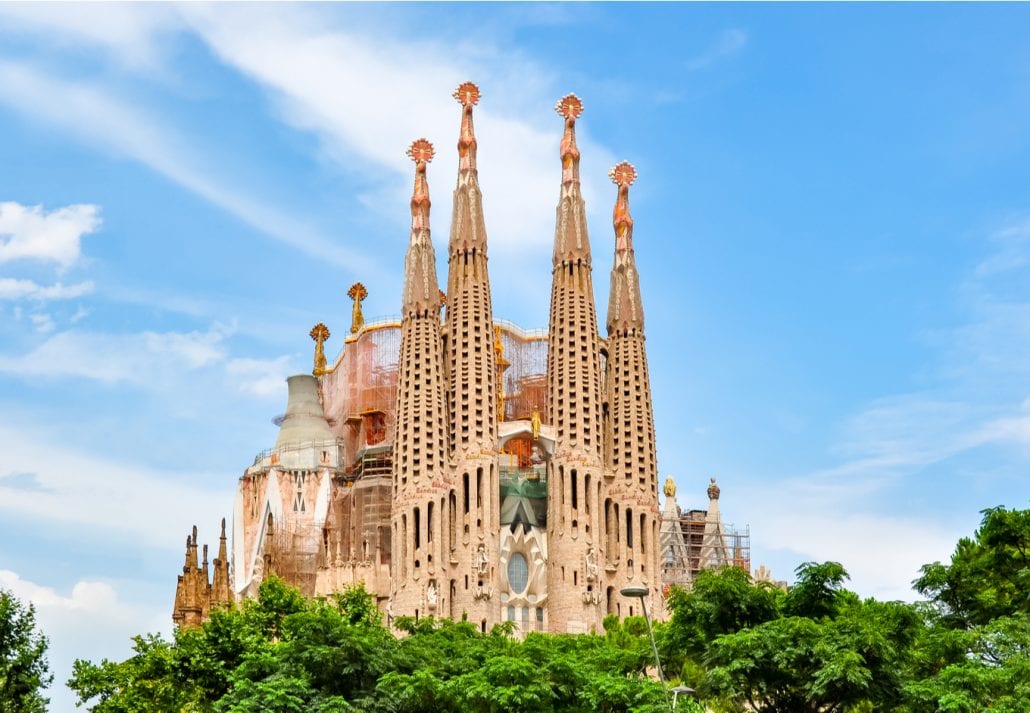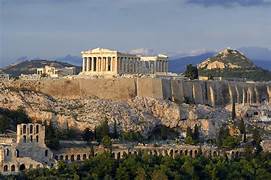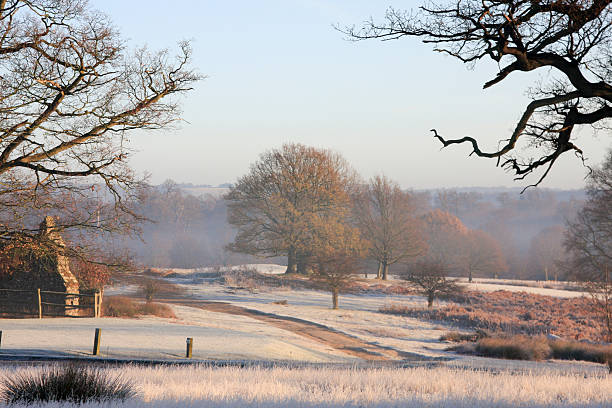My business trip to Beijing, China, gave me the perfect opportunity to extend my stay and explore one of the world's most fascinating capitals. Traveling solo allowed me to move at my own pace, diving deep into Chinese culture, history, and cuisine—sometimes intentionally, sometimes by delightful (and occasionally surprising) accident. From ancient palaces to the Great Wall, from traditional crafts to unexpected culinary adventures, Beijing revealed itself as a city of endless discovery.
Beijing: Ancient and Modern Collide
Beijing is a city of contrasts where centuries-old traditions coexist with cutting-edge modernity. As a solo traveler, I found the experience both liberating and occasionally challenging—navigating language barriers, decoding menus, and figuring out customs on my own. But these small struggles made every success sweeter and every discovery more rewarding. I came for business and stayed for wonder.
"Beijing teaches you that being lost—in translation, in sprawling palaces, in unfamiliar customs—is often the best way to find something unexpected and extraordinary."
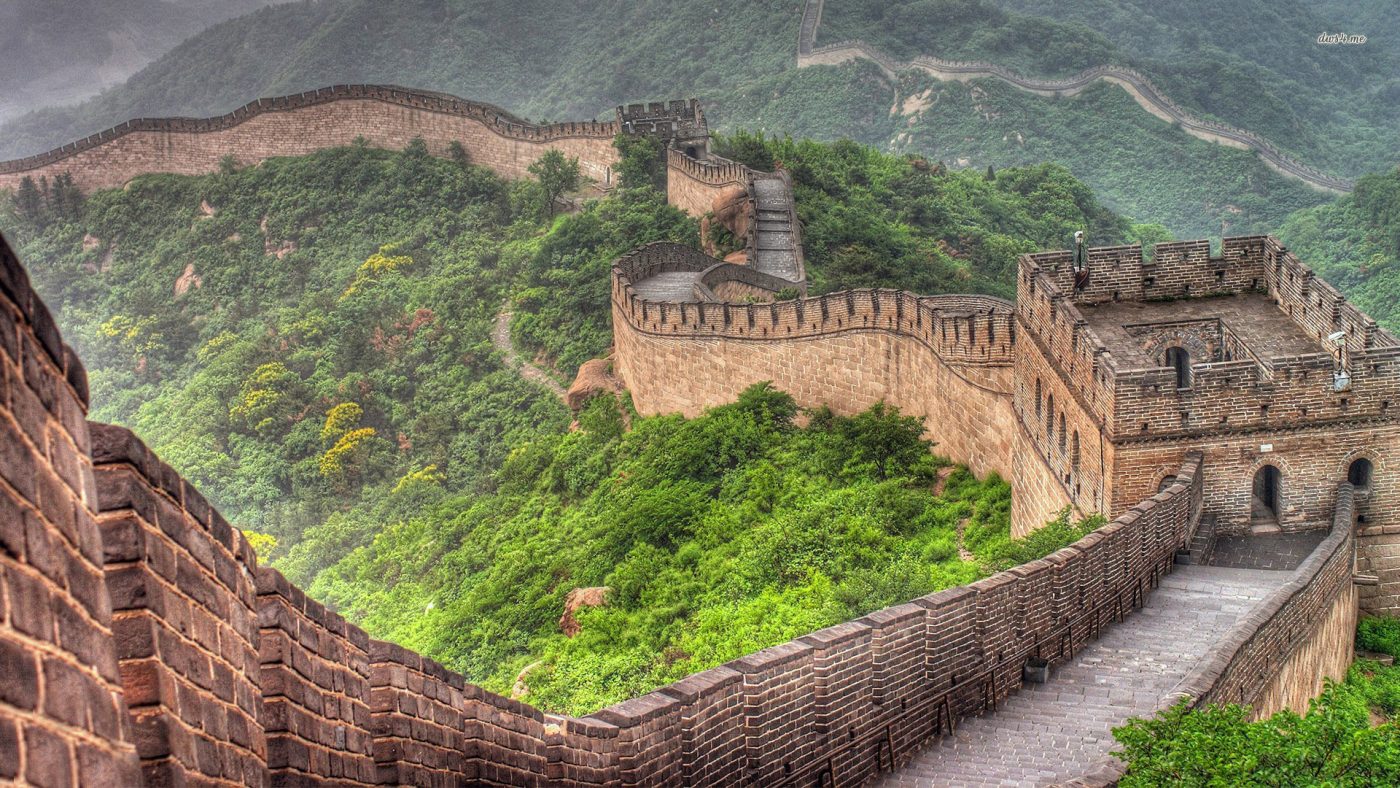
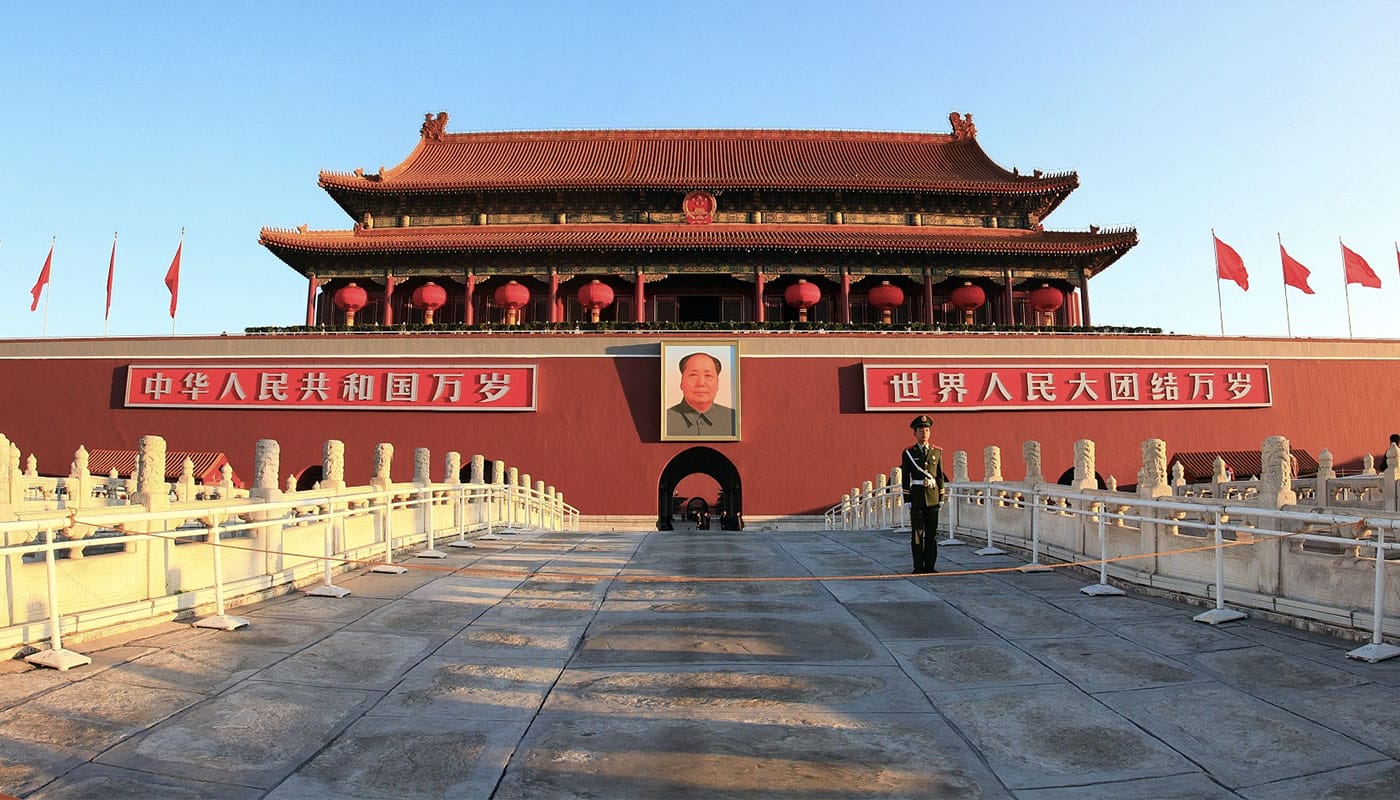
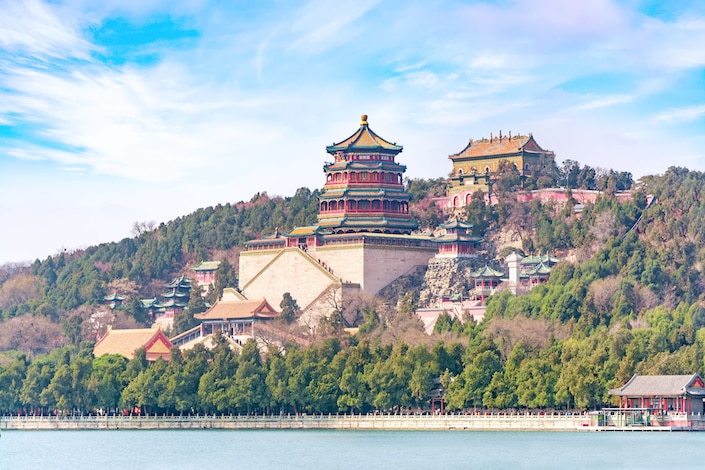
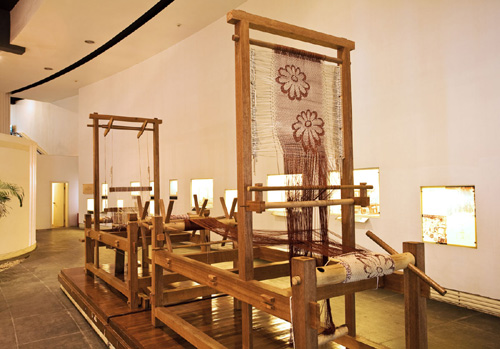
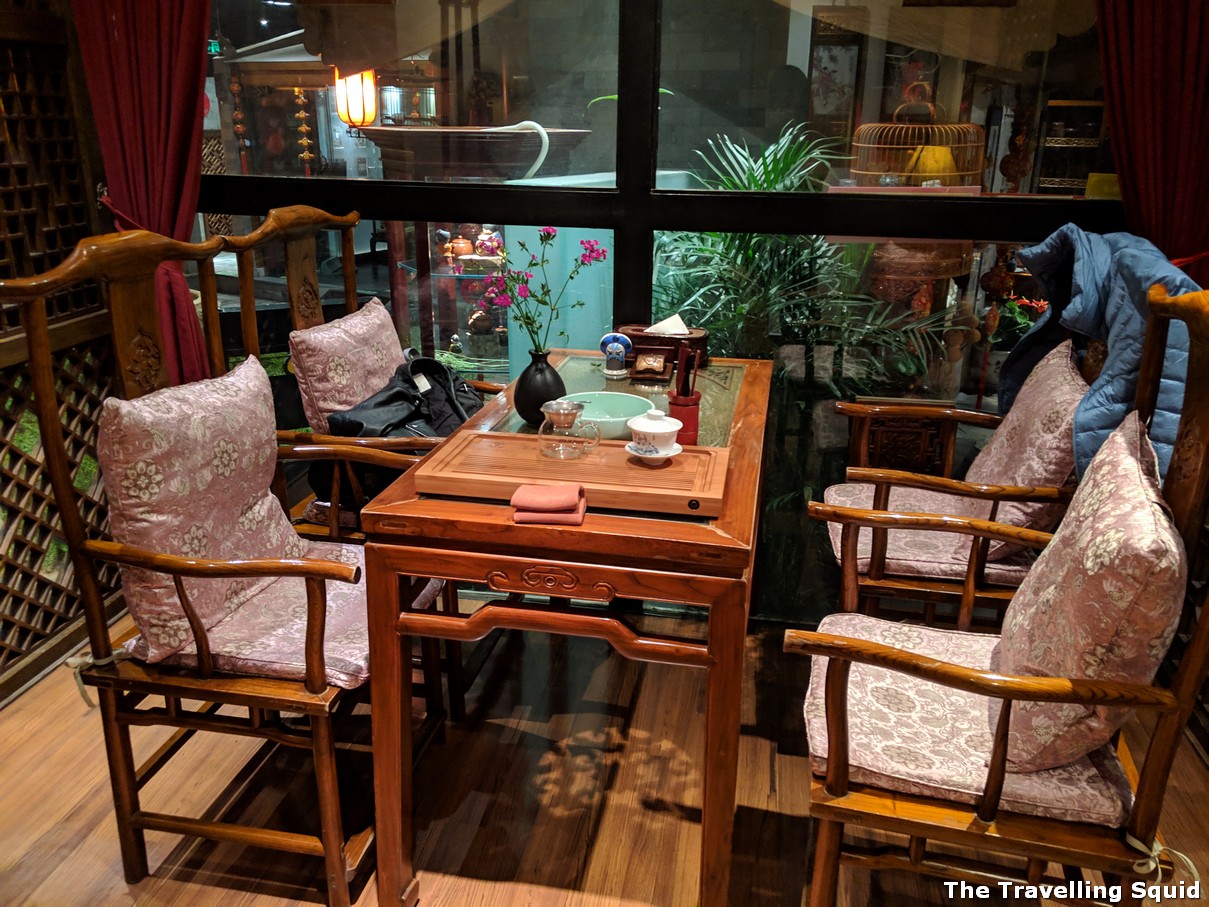
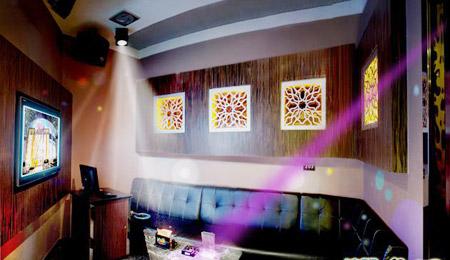
My Beijing Journey
Each day brought new experiences that deepened my understanding of Chinese culture and occasionally pushed me well outside my comfort zone—always in the best possible way.
- Silk Museum: I spent a morning at the Silk Museum, learning about China's 5,000-year history of silk production. Watching demonstrations of silk reeling from cocoons and traditional weaving techniques gave me a new appreciation for this ancient craft that once defined trade routes across continents. The intricate embroidery and delicate fabrics on display were breathtaking, and I left with a much lighter wallet but a beautiful silk scarf that serves as a tangible memory of Chinese craftsmanship.
- Traditional Tea House: The tea ceremony at a traditional tea house was a lesson in patience and mindfulness. The tea master guided me through the proper way to appreciate different varieties—green, oolong, pu-erh—explaining the significance of temperature, steeping time, and the right vessel for each type. As a solo traveler, I appreciated the meditative quality of the experience, the quiet ritual of pouring and sipping, and the realization that tea in China is so much more than a beverage—it's philosophy, hospitality, and art combined.
- Summer Palace and Forbidden City: I explored both the Summer Palace and the Forbidden City, and the scale of these imperial complexes was staggering. The Summer Palace, with its vast Kunming Lake and ornate Long Corridor, showed me where emperors escaped Beijing's heat. The Forbidden City—the winter residence and political heart of imperial China for 500 years—was overwhelming in its grandeur. Walking alone through countless courtyards and halls, I felt the weight of dynasties and imagined the intrigues that once played out in these very spaces. Getting lost in the maze of buildings was frustrating and magical in equal measure.
- The Great Wall: Standing on the Great Wall at Mutianyu was the pinnacle of my trip. This ancient fortification snaking across mountain ridges as far as the eye could see is even more impressive in person than in photographs. I hiked along the wall for hours, sometimes surrounded by other tourists, sometimes finding stretches where I was completely alone with 2,000 years of history. The physical challenge of climbing the steep steps, the panoramic views of forested mountains, and the profound sense of human achievement embodied in these stones made this a truly transcendent experience. As a solo traveler, I had the freedom to go at my own pace, sitting on ancient watchtowers to catch my breath and simply absorb the moment.
- Tiananmen Square and Unexpected Encounters: Tiananmen Square's vast emptiness was striking—one of the world's largest public squares, with all its historical weight. As I walked across it, a young Chinese girl approached me with a bright "Ni hao!" followed by practiced English phrases. She wanted to practice her English and take a photo with a foreigner. What started as a slightly awkward encounter became a sweet moment of cultural exchange. Later, I dove into the surrounding hutongs for street food—sampling jianbing (Chinese crepes), skewered lamb, and baozi (steamed buns) from vendors whose stalls smelled incredible even if I couldn't read the signs. That evening, I found myself swept up by some business acquaintances into a karaoke bar, where I discovered that Chinese karaoke is a serious affair involving private rooms, elaborate setups, and seemingly endless song catalogs. My Mandarin singing left much to be desired, but enthusiasm apparently transcends language barriers.
- The Business Dinner Surprise: My closing business dinner was meant to be a formal affair showcasing Chinese hospitality and cuisine. The famous Peking duck was spectacular—crispy skin, tender meat, thin pancakes, and all the accompaniments. I was doing well, complimenting my hosts, enjoying dish after dish. Then came what I thought was an interesting dark delicacy. I ate it, found the texture unusual but not unpleasant, and only afterward learned I'd just consumed solidified goose blood. My hosts watched my reaction with barely concealed amusement. Once the initial shock wore off, I laughed along with them—this was authentic Chinese cuisine, and when in Beijing, you embrace the experience, even when you discover what you've eaten only after the fact. It became the story I've told most often about my trip, a reminder that culinary adventure sometimes means not asking too many questions until afterward.
My solo journey through Beijing was transformative in ways I never anticipated. From the serene rituals of tea ceremonies to the adrenaline of hiking the Great Wall, from unexpected friendships formed in Tiananmen Square to culinary surprises at formal dinners, Beijing challenged me, amazed me, and occasionally shocked me. Traveling alone meant every triumph was mine, every awkward moment was a story, and every discovery felt more personal. I came to Beijing for business and left with something far more valuable—a deep appreciation for Chinese culture, a collection of unforgettable experiences, and the confidence that comes from navigating a complex, fascinating city on my own terms. Beijing taught me that the best travel experiences often happen when you say yes to the unfamiliar, even when you're not entirely sure what you're saying yes to.


